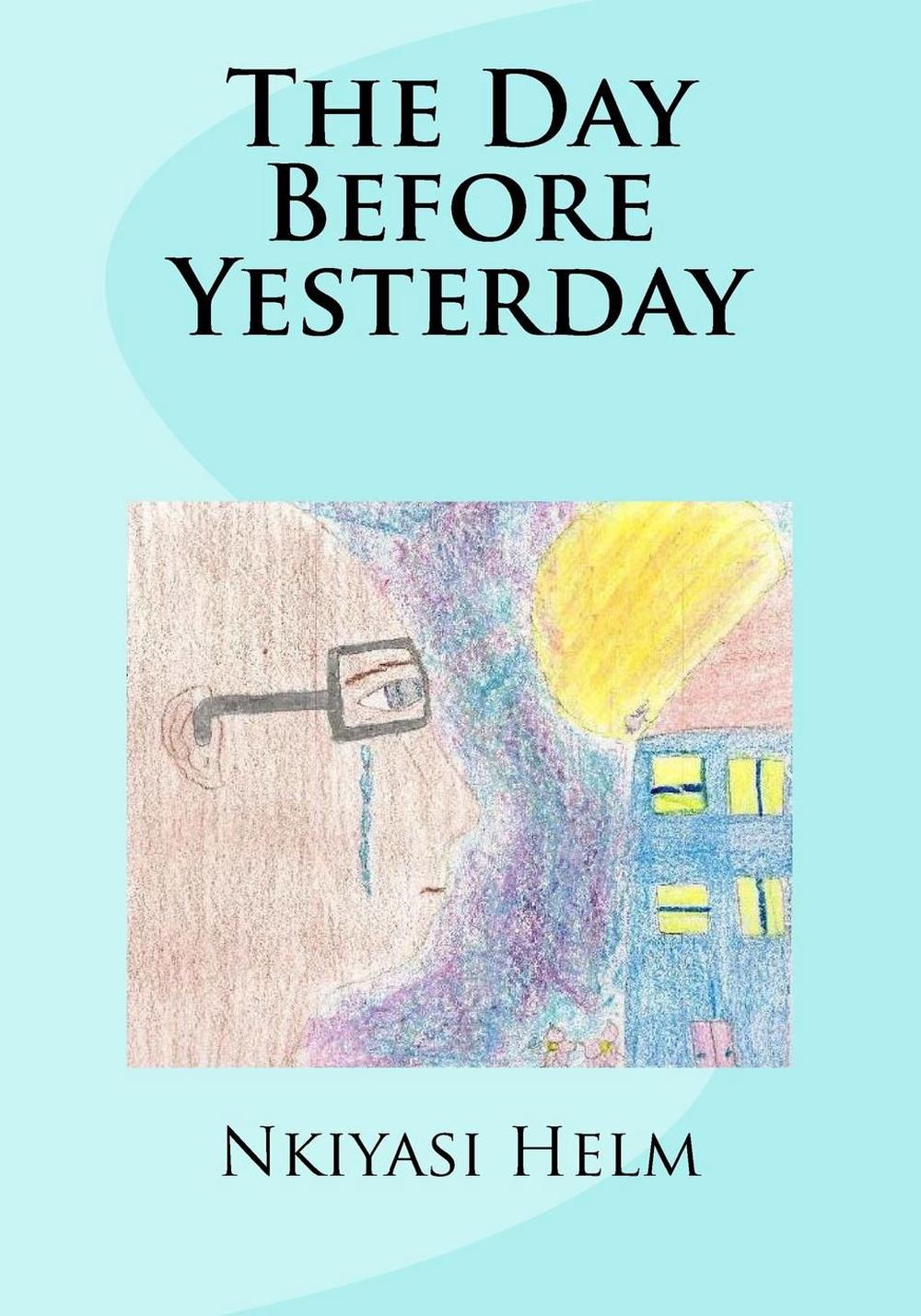

It means two days ago, and you can use it to talk about something that happened two days prior to the current day. They’ve had that sofa since the year dot. It is correct to say the day before yesterday. I will finish with two colourful British English phrases – since the year dot and for donkey’s years – that describe things that have been happening for a very long time: to indicate that we are talking about a recent time: We also say the other day/morning/week etc. We expect to see more building work in the near future.įor talking about a short time ago, we use the adverbs recently and lately. We know that Mars was very different in the distant past. Our committee has made some progress in the recent past. Yesterday was 31 December 2016, which happens to be my birthday too (Woohoo), and my age increases by one to become 26. When I asked her how old she was, she smiled and said cryptically: The day before yesterday I was 22, but next year Ill be 25. by Berries Emulous of fame Grand (151k points) asked in Riddles Mar 27, 2021. Next year, shell turn 10.How is this possible riddles.
The day before yesterday full#
We often use the adjectives recent and distant to indicate how far in the past something is and near or distant to indicate how far in the future it is: In a world where nothing is what it seems.Want more video online For FULL LENGTH EPISODES of Disney Channel shows visit. Then, the day before yesterday was 30 December 2016 and according to the question I was 25 then. The day before yesterday, Chris was 7 years old. In those days the city was much smaller than it is now.īack in the day, we used to play football after work.īy contrast, to talk about the present time, we can use words like nowadays, currently or these days:ĭental treatment is much better these days. Slightly more informally, we might say back in the day, especially to introduce a pleasant memory: To talk about a time that is far enough in the past for things to be quite different from today, we use phrases like in those days, back then, or in the old days. Answer (1 of 16): Interestingly, English doesn’t have a single word for this, as do some other languages. Similarly, we might say the week before last or the year after next. For instance, we say the day before yesterday and the day after tomorrow. We often use before and after to talk about time periods. If it is nine days, we might say a week on Friday instead: If it is Wednesday now, and you talk about ‘next Friday’, you should specify whether you mean the Friday in two days’ time or in nine days’ time.

Be careful when you use next with a day of the week, as there is potential for confusion. We use last to talk about a period before the present one and next to talk about a period after the present one. a week, a few minutes), and since before a specific point in time (e.g. Tomorrow will be Monday day after tomorrow will be Tuesday and two days after the day after tomorrow will be Thursday. Theres a discussion of the topic at here. 'The day before yesterday' or 'day before last' are the common ways to say it. Remember that we use for in front of a period of time (e.g. If the day before yesterday was Friday, it means yesterday was Saturday and today is Sunday. We used to have 'ereyesterday' (and 'overmorrow' for the day after tomorrow) but they are archaic now, and people will not understand those words if you use them. There are lots of ways of doing this and learners often make mistakes with some of the most basic ones. We all need to talk about when things happened or when things will happen.


 0 kommentar(er)
0 kommentar(er)
